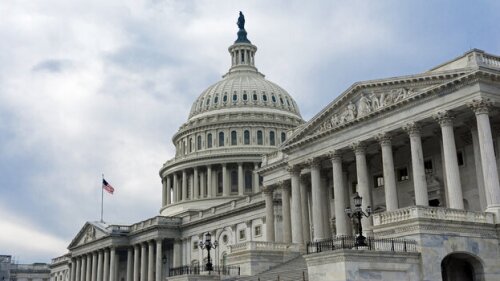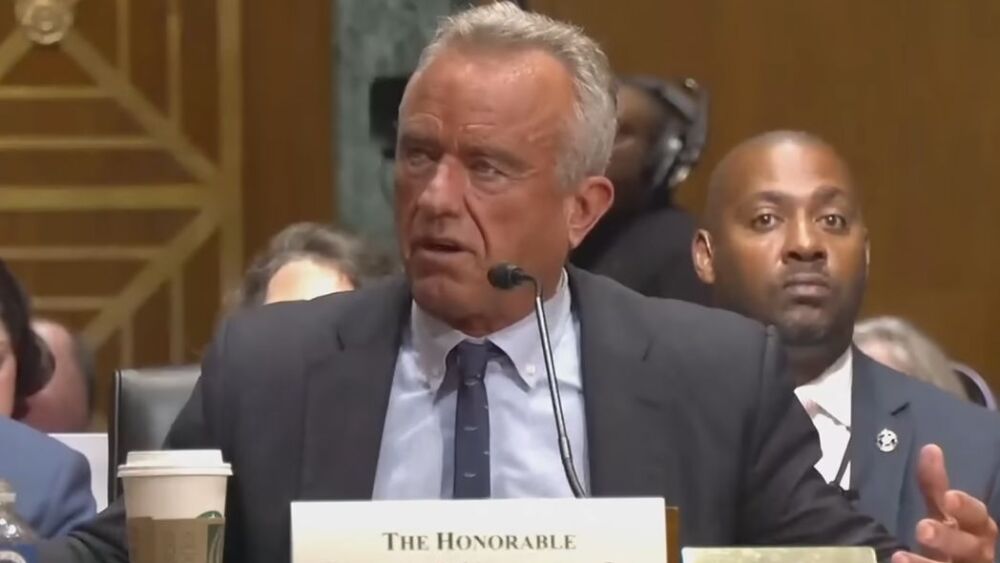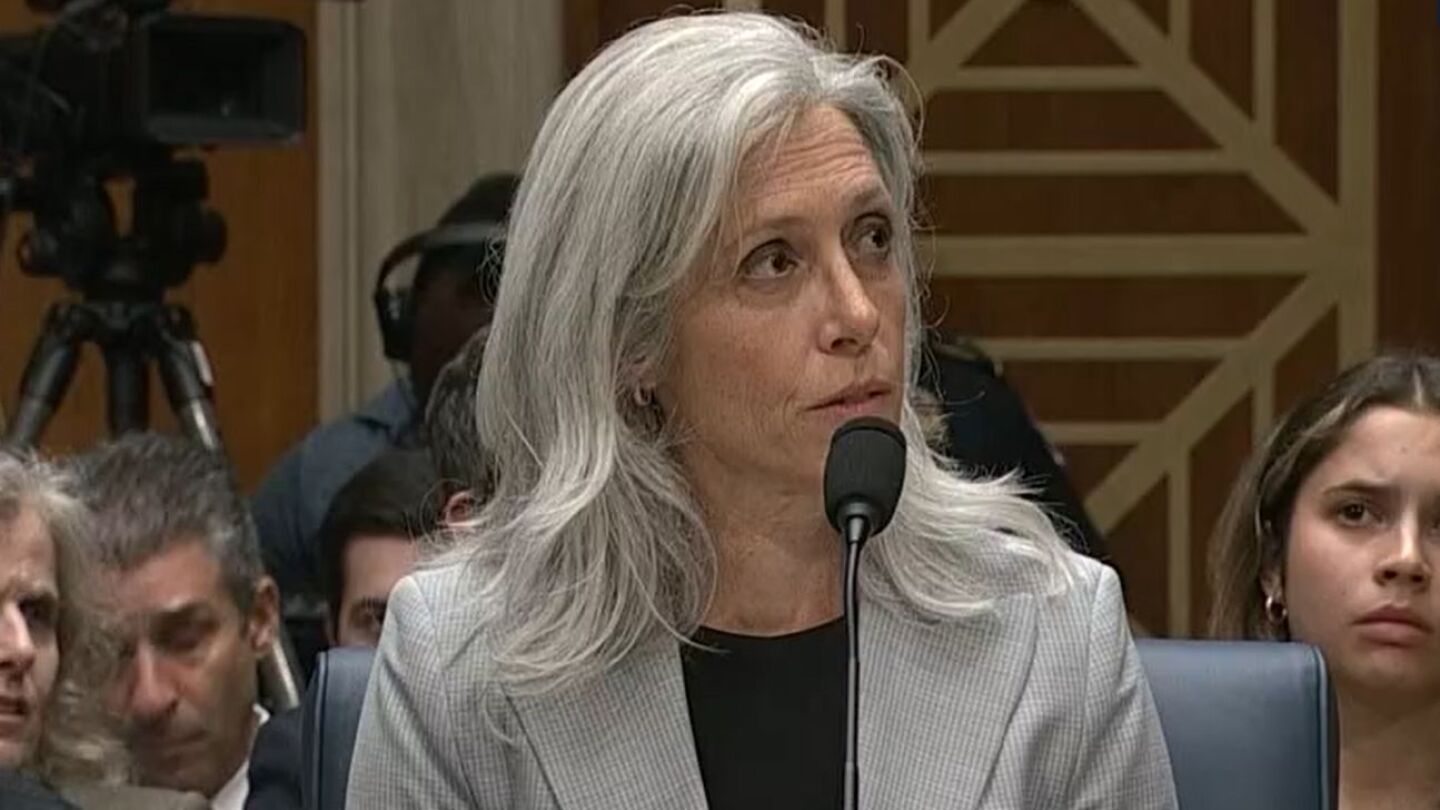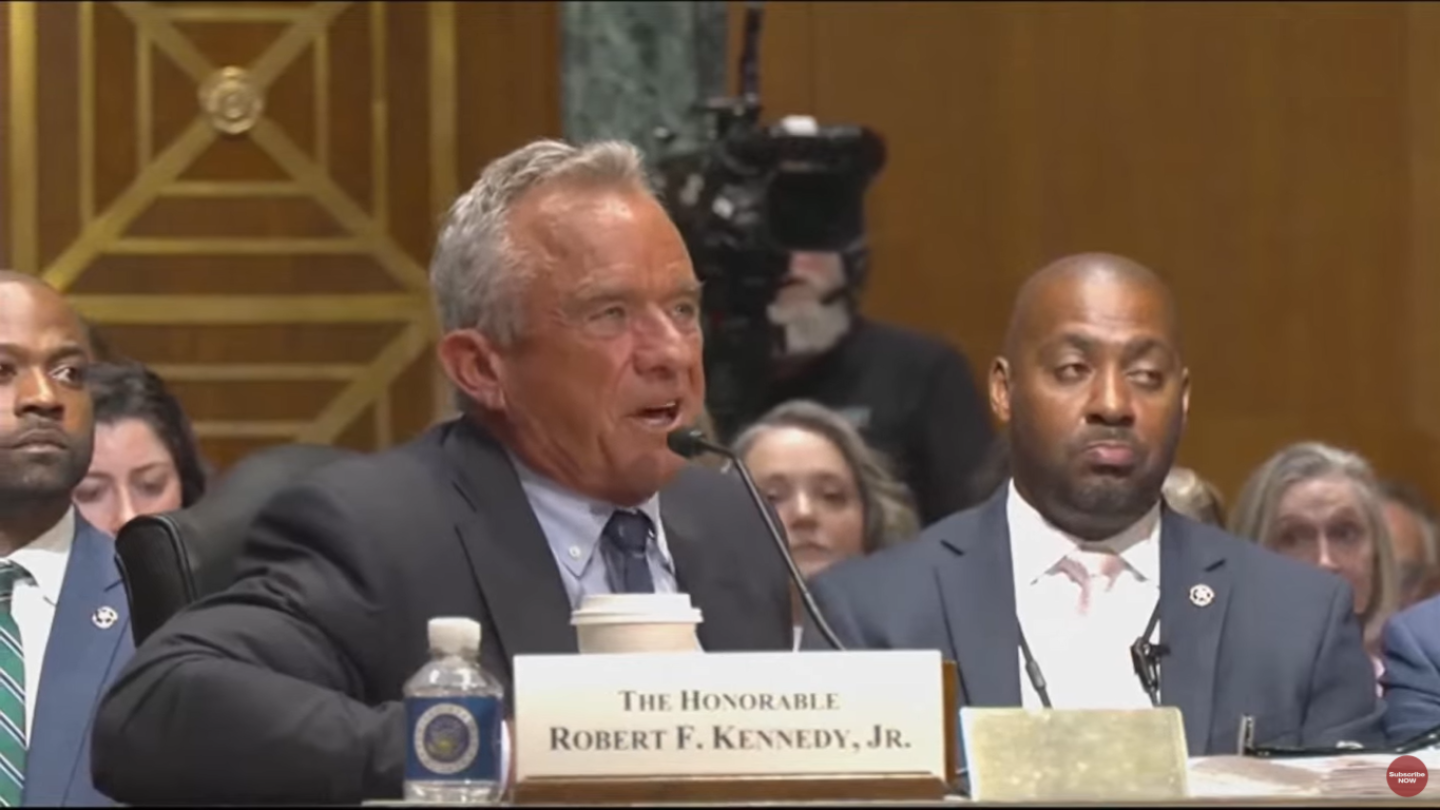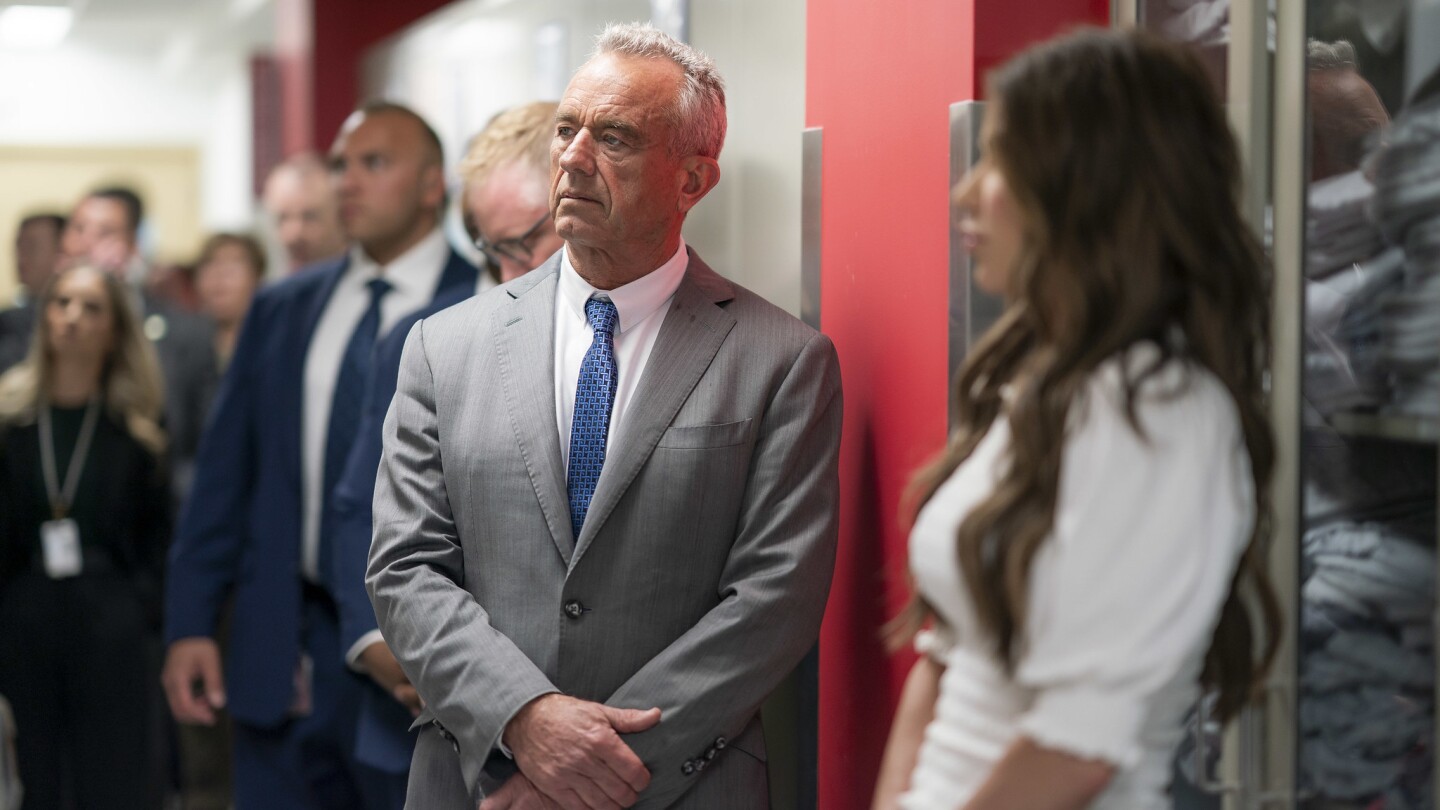Policy
After a tension-packed two days that saw recommended changes to the MMRV vaccine schedule and COVID-19 vaccine access, as well as a delayed hepatitis B vaccine vote, policy experts expressed concern with the reconstituted committee’s dearth of previous experience and understanding of their role.
FEATURED STORIES
Robert F. Kennedy Jr. repeated a series of anti-vaccine talking points during his appearance in front of the Senate finance committee on Thursday, as Democratic and Republican senators alike hammered the Health Secretary on recent COVID-19 vaccine restrictions and his views on Operation Warp Speed.
While trade groups hail the executive order as a national health security opportunity, analysts warn that production costs could go up in the near term.
During the COVID-19 pandemic, Health Secretary Robert F. Kennedy Jr.—along with FDA Commissioner Marty Makary and CBER Director Vinay Prasad—argued against vaccine mandates, partly because they limited medical choice. This week, the FDA under their leadership approved updated COVID-19 vaccines with restrictions that do the same.
Subscribe to BioPharm Executive
Market insights and trending stories for biopharma leaders, in your inbox every Wednesday
THE LATEST
Ousted CDC Director Susan Monarez claimed in an op-ed published in The Wall Street Journal Thursday that she was fired for refusing to rubber-stamp COVID-19 recommendations to be made by an advisory panel that has expressed “antivaccine rhetoric.”
In coordination with the United States President’s Emergency Plan for AIDS Relief, Gilead will make its twice-yearly HIV prophylactic Yeztugo available to resource-limited countries “at no profit.”
Perhaps the most interesting of the pile of FDA rejection letters was for Lykos Therapeutics’ MDMA therapy. Letters sent to Stealth BioTherapeutics, Regeneron and more were also released as the agency also promised future CRLs “promptly after they are issued to sponsors.”
The new additions would bring ACIP membership to 14 total. Several of the proposed members have taken part in anti-vaccine activity or made anti-vaccine statements.
As more and more groups call for the health secretary’s removal from office, senators will question Kennedy on his recent moves, including the controversial firing of CDC Director Susan Monarez.
YouTube has shut down a channel containing hundreds of videos of comments made by doctors and other influencers—including CBER Director Vinay Prasad, Health Secretary Robert F. Kennedy Jr. and NIH Director Jay Bhattacharya—during the pandemic. This comes as Prasad reveals further details about last week’s updated COVID-19 approvals.
Albert Bourla heralded the president’s COVID-19 leadership and Operation Warp Speed initiative as a Nobel Prize–worthy achievement and said that Pfizer stands by the integrity of the data already shared.
In an opinion piece in the Wall Street Journal, Health Secretary Robert F. Kennedy Jr. said he will roll chronic disease programs into a new Administration for a Healthy America.
Paul Offit, longtime member of the FDA’s vaccine advisory committee and an outspoken critic of Health Secretary Robert F. Kennedy Jr., was recently informed by the Department of Health and Human Services that his services are no longer required.
Health Secretary Robert F. Kennedy Jr. will testify before the Senate Finance Committee on Sept. 4, following the ouster of CDC Director Susan Monarez and tapping of HHS Deputy Secretary Jim O’Neill as her interim replacement.



